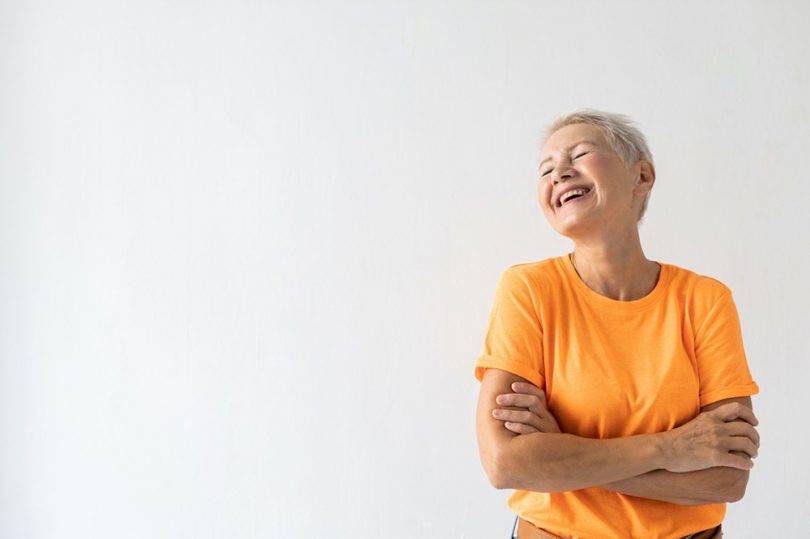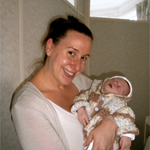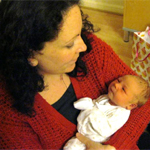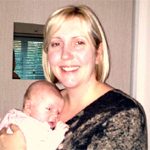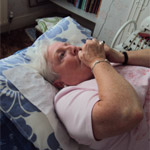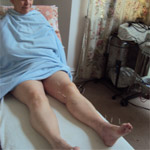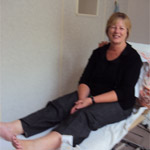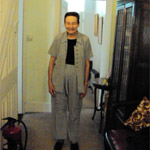How to reduce stress: 3 research-approved ways to help alleviate tension
In 2023, stress is all around. From rising interest rates to the ongoing cost of living crisis. It’s no wonder why 1 in 14 UK adults report feeling stressed every single day.
According to the latest stats, 79% of all people state that work is the most common reason for feeling that extra pressure or strain.
“Unfortunately, at some point in our lives, we all suffer with periods of stress,” Denise Callaghan Osteopath says. “But stress is known as a silent killer, because it can have negative effects on your body and lasting effects on your health. That’s why it’s so important to acknowledge when you are feeling stressed and try to do something about it.”
Symptoms of stress
The physical symptoms of stress include:
- Headaches or dizziness
- Stomach problems
- Chest pain or a faster heartbeat
- Muscle tension or pain
While the mental symptoms of stress include:
- Difficulty concentrating
- Struggling to make a decision
- Feeling overwhelmed
- Being forgetful
- Constantly worrying
You might also experience changes in behaviour like being irritable and snappy, sleeping too much or too little or overeating or undereating.
Thankfully, there are ways to help combat stress and research has proven that to be the case:
- Acupuncture
Heard of acupuncture? This is an ancient Chinese technique that has been used for thousands of years to help maintain the body’s overall balance.
Clinical studies have shown that this form of alternative medicine may specifically benefit stress/anxiety disorders. That’s because acupuncture is believed to stimulate the nervous system and cause the release of neurochemical messenger molecules.
The resulting biochemical changes influence the body’s homeostatic mechanisms, and in turn, reduce sensitivity to pain and stress and promote relaxation.
The calming nature of this alternative treatment is therefore believed to decrease the heart rate, lower blood pressure and relax the muscles.
- Exercise
One of the biggest busters of stress? Exercise. Physical activity has long been considered beneficial to health and regular exercise has been proven to relieve stress.
One paper, published in the American College of Sports Medicine’s Health and Fitness Journal, found there have been ‘consistent findings’ that people report feeling calmer after a 20- to 30-minute bout of aerobic exercise, and the calming effect can last for several hours after exercise.
But it’s not just running you could try. Recently, there has been an increased amount of research on the role of mind-body types of exercise, such as yoga or Tai Chi, to help with management of stress.
- Staying hydrated
It’s no secret how important it is to make sure you hit your daily water intake. But did you know how hydrated you are plays a crucial role in determining how well your body and your mind handles stress. That’s according to research from the University of Cincinnati and published in the Journal of Neuroscience.
While more research in the World Journal of Psychiatry found that drinking plain water leads to decreased cases of depression and anxiety, which are both stress-related conditions.
Struggling with stress?
If you’re still struggling stress, then do reach out to Denise to talk through your options. Denise has more than 35 years’ experience in the field and has treated a number of clients with stress.
Here’s what a previous patient, Jonathan Howard, had to say: “When I first visited Denise I was suffering from anxiety, stress and feelings of exhaustion. I imagined that I was dying from cancer, or heart disease. I had lots of medical tests, which showed that I was fine but I could not believe it.
“Denise spent time listening to me explaining that I was suffering from anxiety. After a few acupuncture treatments I realized that my work in the city was the problem. I was a square peg in a round hole and I was unhappy.
“Acupuncture allowed me to see the wood for the trees. I left my work and trained as a paramedic. I no longer suffer from those terrible symptoms. I am relaxed and happy and by the way I love my job!! Thank you so much Denise”.

